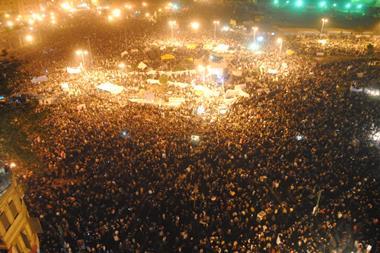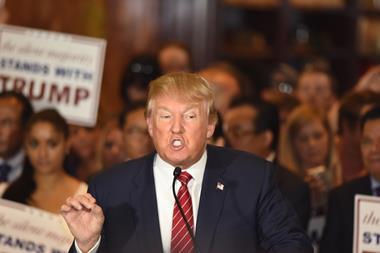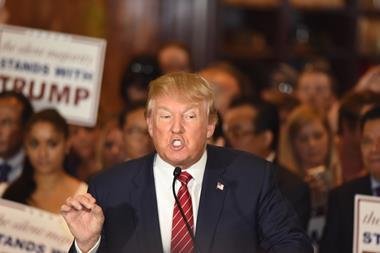Public and investor confi dence is growing in Egypt following the arrest of the Mubaraks, a corruption investigation and measures to foster business expansion. But its neighbours face a more troubled future
Inspired by the Jasmine Revolution in Tunisia, a wave of revolutionary fervour has swept across the Middle East and North Africa.
Some of these uprisings have proved successful, others have faltered underscoring the dangers of protesting against totalitarian regimes. For countries across the region, Egypt serves as a paragon of hope for stability.
Despite important political and social progress, however, economic conditions remain unstable in Egypt.
A signifi cant drop in tourism and employment rates, combined with increasing commodity and food price infl ation (up 11.5% on last year) threaten further unrest if, as Tunisian Finance Minister Jaloul Ayed said at the US-Islamic forum, “democracy doesn’t translate soon into well-being”.
Yet the tone is one of cautious optimism amongst economists and risk analysts.
Beazley’s head of political risk and contingency, Adrian Lewers, told StrategicRISK that Egypt is on a “positive trend line”.
“The rate at which Egypt has resolved its situation has been quite astonishing. We must recognise that there will be wobbles along the way, but there are strong prospects for stability and democratic government.”
Climate for investment
Moves towards stability are gathering momentum since the General Authority for Investment (GAFI) chairman Osama Saleh’s announcement of measures to attract foreign investors and encourage domestic business expansion.
This follows the announcement of a five-year 500m Egyptian pound (€58m) investment in Egyptian healthcare by GlaxoSmithKline and a proposed review of Egypt’s gas export contracts – intended to raise €1.7bn-€2.25bn in extra revenues.
Despite an International Monetary Fund report this week that revealed a contraction of GDP to 1%, the mood in Egypt remains
buoyant. With the arrest of Hosni Mubarak and his sons and a wide-reaching corruption investigation, both public and investor confidence is growing.
Anthony Skinner, analyst for political risk consultancy Maplecroft, told StrategicRISK that while investors will take a “wait and see attitude”, the move away from Mubarak’s regime will offer companies “fewer risks of complicity in corrupt government, an improved corporate profile and potentially strong benefits”.
An online poll conducted by Egypt’s most popular political website revealed that 75% of Egyptians maintained a ‘cautious optimism’ for their country’s future.
Turbulent outlook for Syria
Yet while Egypt staggers towards a transparent and democratic future, much of the Arab world can only look on in envy as unrest in Yemen, Bahrain and Syria escalates. In Syria, there are reports of large-scale killings of Sunni protestors by the Presidential Guard and Mukhabarat (military intelligence).
While Syria’s President Bashar al-Assad had intended to quadruple foreign investment by 2015 to $55bn, the violent suppression of Syrian citizens could scare western tourists and businesses away from the region and increase the intensity of uprisings.
However, international intervention particularly from the USA is unlikely. “If the Obama administration puts pressure on Syria, then they are likely to use Hezbollah to pressure Israel along with America’s assets in the Middle East,” said Skinner. “In contrast to Qaddafi in Libya, Bashar enjoys substantial political leverage over events elsewhere in the Middle East and North Africa region.”
If foreign investors pull out of Syria, companies with remaining assets in the country will be faced with a struggle to mitigate increasingly likely losses.
“The main risk for companies is physical damage to assets, and all they can really do is to try to protect them.,” said Beazley’s Lewers. “There might be insurers willing to discuss terms, but it will be expensive.”
As in Yemen and Bahrain, the violent suppression may be intended as a political quick fi x, but it will cost Syria potentially billions in lost business and international alienation. SR



















